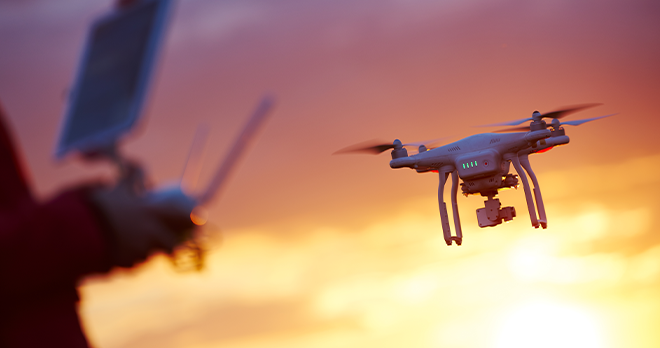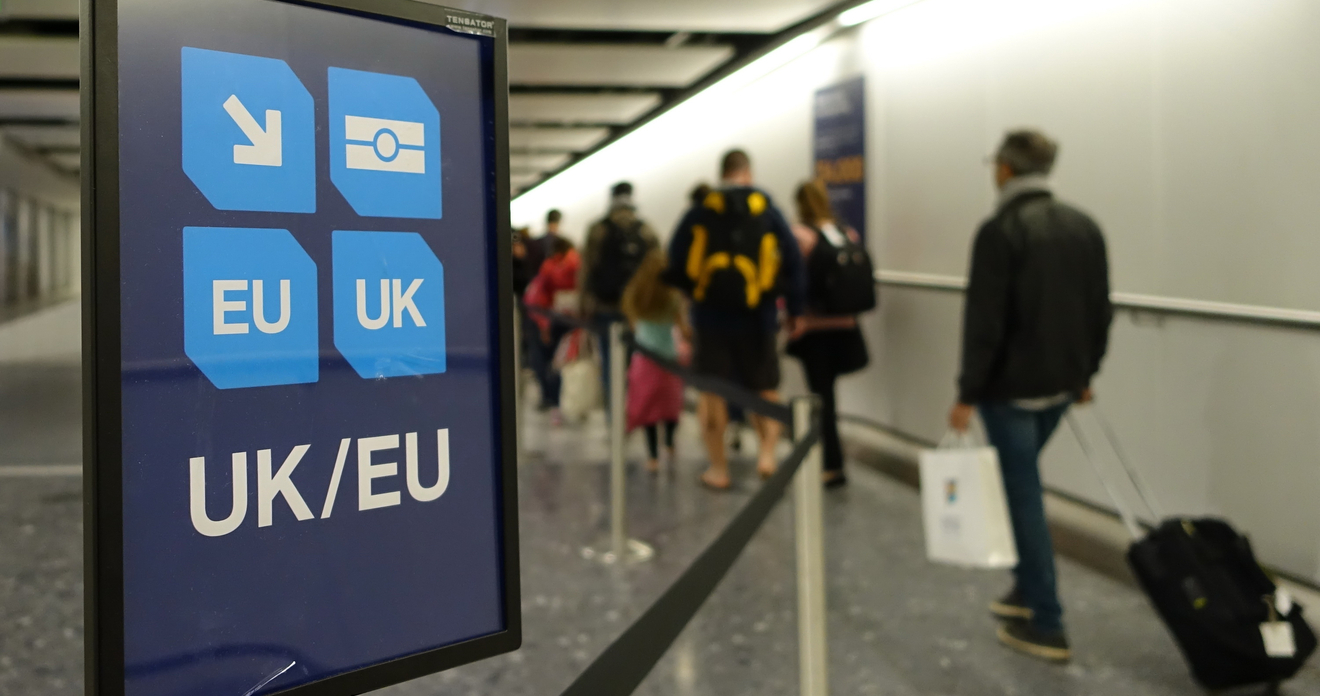Drone ‘Auditors’ – a Bird’s Eye View of the Employment Perspective

For a summary of what an auditor is, please refer to Luke Mitchell’s article, which can be found here. The article explores what a drone auditor is, how they operate and considers some of the legal implications faced by these content creators.
What are the employment law considerations when a business encounters an auditor?
Duty of Care
Employers have a “duty to protect the health, safety and welfare of their employees and other people who might be affected by their business” (HSE). It is common for some organisations to engage security services to keep the perimeters of their property secure. Whether security is employed or sub-contractors, the organisation engaging them will be responsible for setting clear expectations and ensuring their working environment is as safe as possible.
Policies and Training for Employers
With that in mind, an employer should have policies in place, backed by relevant training, to ensure security staff, primarily, understand the employer’s protocol if they ever encounter a drone auditor. Employees generally should be made of aware of the protocol for good measure.
Training and guidance could include:
- conflict de-escalation techniques (for instance, the CALM technique – Chat, Assess, Limit, Monitor);
- the employer’s preference for dealing with such issues (perhaps it is: ignore in the first instance, but if forced to interact, use a professional demeanour, and appropriate language);
- setting the expectation that their employees’ welfare is paramount and they are therefore not ever expected to take extraordinary measures when dealing with drone auditors in the name of ‘protecting the organisation’; and
- guidance on the law, so everyone is clear on both their rights, and the auditor’s.
There is guidance available from the National Protective Security Authority and the National Police Chief’s Council who have each published their own internal guidance documents which includes several relevant and helpful points to consider. These can found here and here.
Internal Support
Employees will need to be clear on what the expectations are of them should they encounter a drone auditor. They will also need to know to whom they should report any encounters. Facilitating a supportive no-blame culture will ensure employees feel comfortable following guidance and reporting any problems.
If an employee has been placed in a difficult, conflict-ridden situation with an auditor, the employer should be ready to offer assistance. It can be embarrassing to be filmed and then see that content uploaded online, e.g. YouTube, particularly with members of the public having the ability to comment on the employee and how they handled the situation. Stepping in and speaking up on behalf of your employees perhaps flagging the videos with the relevant website’s moderators may assist. Having the opportunity to debrief the employee after the event, looking for ways to improve and adapt as this type of practice becomes more prevalent will help instil confidence in your staff.
Keep Calm and Carry On
The key thing to remember is that drone auditors may not be breaking the law if they are operating from public pathways. Where possible, the best thing to do is to avoid making any contact with them. They can monetise their videos when they capture ‘dramatic’ content. The more one interacts with an auditor, the higher the risk of saying/doing something that might be capitalised on.
Some final points to consider and potentially include into your own business’ guidance: drone batteries are not infinite. They will not be able to stay near your property indefinitely. There is nothing preventing the business from filming any interaction in return – in the same way that the auditor can stand freely on public property and film, so can an employee film the same public space.
We have seen it recommended online that organisations could set up loudspeakers on the perimeter of their premises, and playing mainstream music at full volume. The copyright implications for the auditor may sufficiently deter them from posting their content with sound, which may inevitably limit the use of their footage. There is, of course, the issue of the organisation breaching copyright so on that basis this is perhaps a solution to be avoided!











